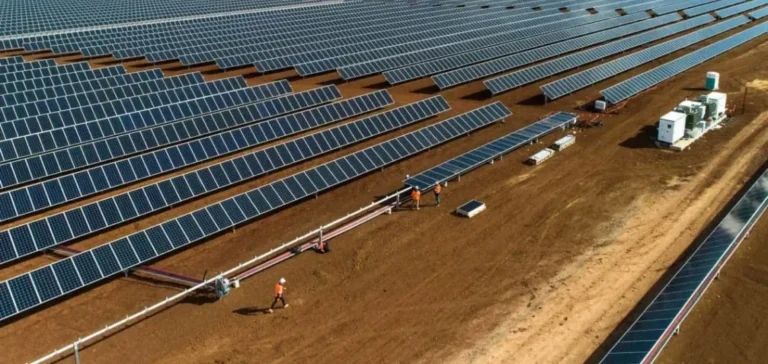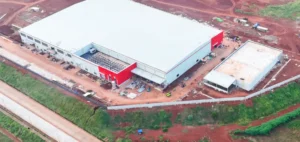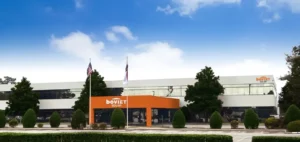Indian company SAEL Industries Limited has formalised an investment project worth INR82bn ($954mn) for the construction of an integrated solar cell and module manufacturing facility with an annual capacity of 5 gigawatts (GW) in the state of Uttar Pradesh. The announcement was made by the company’s Chief Executive Officer, Laxit Awla, in a statement relayed by Reuters on July 14.
Strengthening the domestic solar value chain
The new production site, located in Greater Noida, ranks among the largest investments to date in India’s photovoltaic manufacturing sector. This initiative will increase SAEL Industries’ total annual module production capacity to 8.5 GW. According to industry data, India currently has an estimated 80 GW of module manufacturing capacity, but only 15 GW for cells, resulting in a high reliance on imports, mainly from China.
Construction of the plant is scheduled to begin this year, with the aim of anticipating the new national regulation set to come into effect in June 2026. From that date, only locally manufactured solar modules and cells from approved producers will be eligible for government-supported projects in India.
Industrial and financial outlook
SAEL Industries currently operates more than 6.7 GW of solar power generation capacity, including operational and under-construction assets. The company expects to reach a 10 GW capacity within three years. In the medium term, SAEL Industries targets a power generation portfolio of 18 to 20 GW by 2030 as an independent power producer, according to information provided by its Chief Executive Officer.
The group has already raised over $2.4bn in combined equity and debt, and in 2024 carried out a green bond issuance worth $305mn. In addition, management confirmed it is preparing for an initial public offering this year, without disclosing details regarding the timing or size of the operation.
Revenue growth and 2027 targets
On the financial side, SAEL Industries recorded a significant increase in revenue from its biomass and independent power production businesses, nearly doubling in fiscal 2025 compared to 2023 to reach INR6.87bn ($80mn). The company plans to grow this figure to $361mn by fiscal year 2027, in line with its projections.
“By 2030, tentatively, we are looking at a power generation capacity of around 18 to 20GW as an independent power producer,” said Laxit Awla, Chief Executive Officer of SAEL Industries, quoted by Reuters on July 14.






















